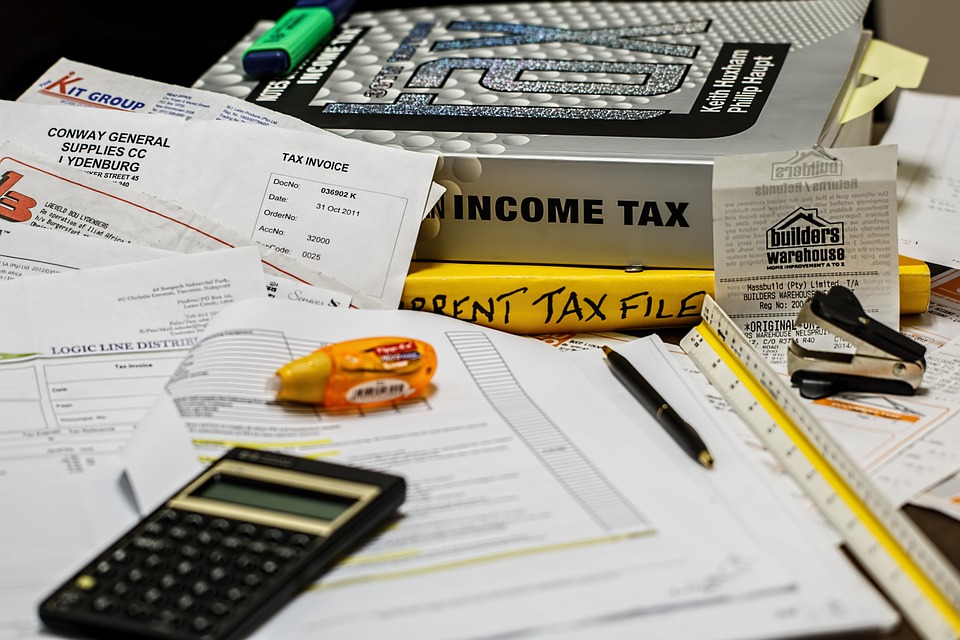Self-employed workers call for delay to IR35 changes amid confusion
The majority of the UK’s self-employed workforce is unprepared for the upcoming changes to off-payroll working rules - commonly known as IR35 - which come into law in April this year, according to new research from EY TaxChat.

Based on a poll of over 500 self-employed workers, the research found that only 3% of self-employed individuals believe the forthcoming changes to the IR35 tax regime should go ahead in April, while 44% think the UK Government should delay the changes, and 72% of impacted contractors have not yet made any preparations ahead of the deadline.
From April 6, businesses will determine the IR35 status of contractors working through a company. The reform is designed to tackle non-compliance with the off-payroll working rules, making all public sector and medium and large organisations in the private and third sectors responsible for determining the tax status of contractors and ensuring that the right employment taxes are paid. While the legislation does not impact all self-employed individuals, many are unsure of their status and how, or if, it might impact them.
Mark Lee, UK EY TaxChat leader, said: “The implementation of the off-payroll working rules have been postponed once already, yet we are still in a position where many self-employed individuals appear to be in the dark. With the new rules coming into effect from early April, it is now a matter of urgency for those affected to understand how they may be impacted – not only form a tax perspective but in terms of earnings and cash flow.”
Of those surveyed, more than a third (36%) said they had not heard of the changes, while 31% said they are aware but do not understand how they might impact them, and just 14% claimed to be up to date with how it might affect them. Just over three in ten (31%) respondents claim they will not be impacted at all.
Only 32% of contractors have taken action so far, with most of those speaking to a tax adviser (11%) or researching on the internet (11%), 4% having spoken to HMRC, a further 4% having spoken to their clients (4%), and just 2% speaking to their recruitment agency.
When asked what emotion, if any, people associate with IR35, apathy lead the response (47%), followed by confusion (27%), anxiety (18%) and stress (18%). The cause of negative emotion is likely driven by the impact the changes will have on workers’ incomes, with 17% saying it will decrease their income.
Mark Lee added: “With the pandemic already significantly affecting many self-employed individuals, this topic may be one that has been missed or pushed to the periphery. With large numbers believing it is likely to have a negative impact on their income, it is understandable that stress and anxiety are running high. Although there is so much else going on, we would encourage anyone uncertain of the changes to seek advice and to ensure they are ready come the 6th of April.”

















